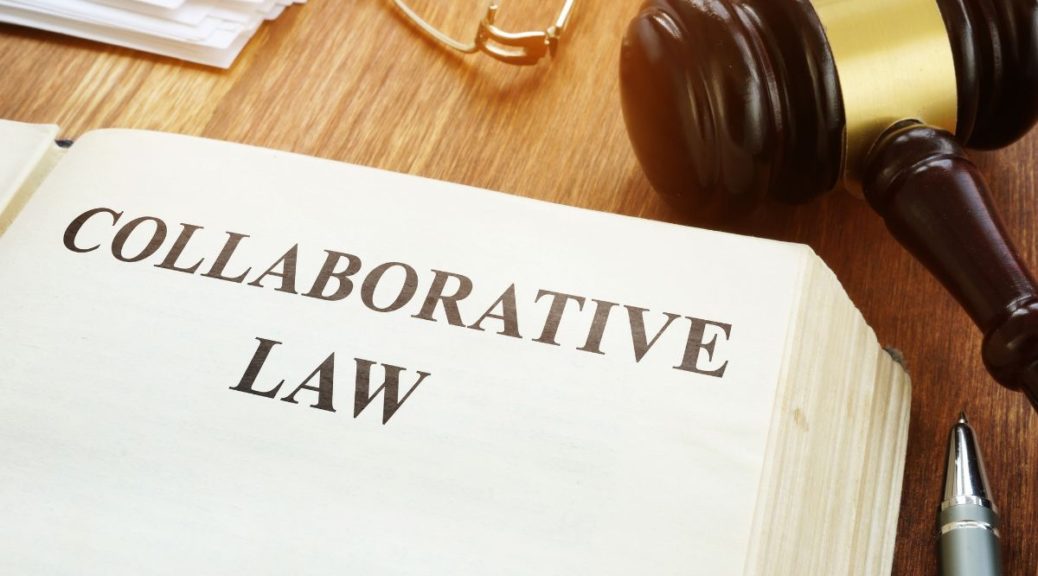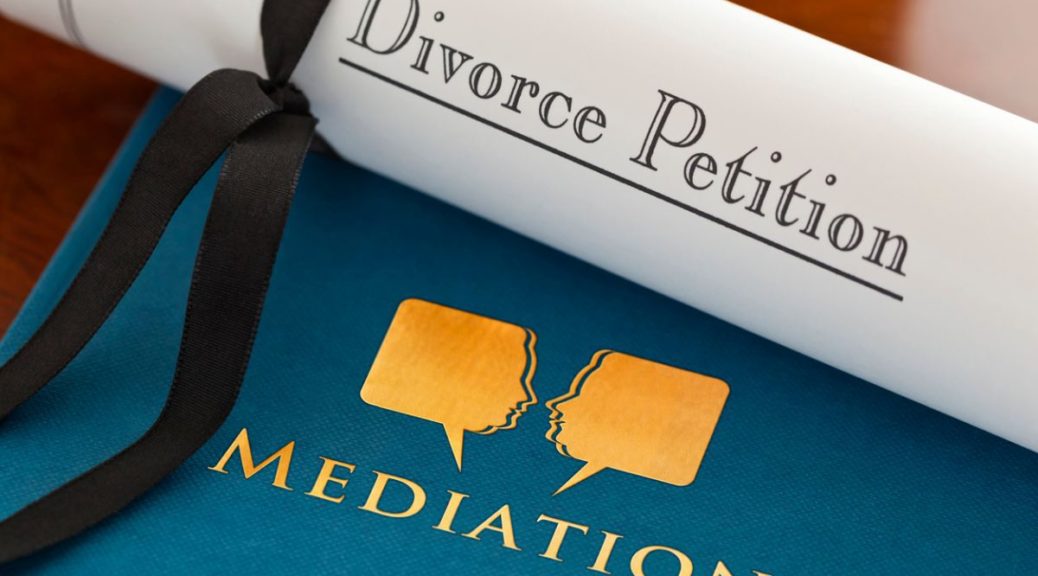
California is a no-fault divorce state, but that does not mean that extenuating circumstances existing in a marriage cannot be taken into consideration by courts. Substance abuse and alcoholism are factors that can affect custody and visitation rights, as well as division of marital assets, and even alimony. A party to a divorce who suffers from substance abuse or alcoholism is at a significant disadvantage in the proceeding.
The most common effect of a party’s substance abuse problem is an adverse effect on child custody and visitation rights. Courts are bound by law to make such decisions in the best interest of the child, which I discuss in detail in an earlier blog.
When one or both of the parties are known to be substance abusers, custody and visitation must be structured to mitigate possible negative consequences to the child. A court even has the power to order periodic testing to ensure that a parent complies with an order to remain drug-free.
In rare cases, a court may find that one spouse’s substance-induced behavior during marriage depleted marital assets. Excessive use of marital funds to support an addiction, for example, could result in that party’s share of property distribution being reduced. The same analysis may be applied to the granting of alimony. If the addicted spouse has depleted marital assets to support the addiction, additional alimony could be awarded. More often, parties with such problems will settle for less favorable terms than the law may allow in order to avoid the notoriety a court proceeding might bring.
Establishment of a party’s substance abuse problem by the court is necessary before it can be considered for the mentioned purposes. One party may raise the issue, or it might become known to the court in other ways. Family members, representatives of the state Department of Social Services, or other interested parties might inform the court of a potential addiction or abuse. When the latter occurs, it is normally in relation to custody and visitation determinations.
Once the issue is raised, the court may order an evaluation or investigation to determine the validity of the report. This could involve consideration of existing records of substance abuse or the appointment of an investigator to determine the validity of the report and its potential effect on custody and visitation.
The final impact on custody and visitation orders varies, depending on the extent of the problem. In very extreme circumstances, a parent could be denied any share of custody or even visitation, or the court could order limited and/or supervised visitation. The court has wide discretion in determining what is in the best interest of the child.
The health and well-being of your children are important not only to you, but to the State of California. If your partner has a substance abuse or addiction issue, you need an attorney to fight for you and your children. The attorneys at the Law Offices of Judy L. Burger have extensive experience in divorce, child custody, and child support matters. Make the call today to learn how our attorneys can protect you and your children: (415) 293-8314.





